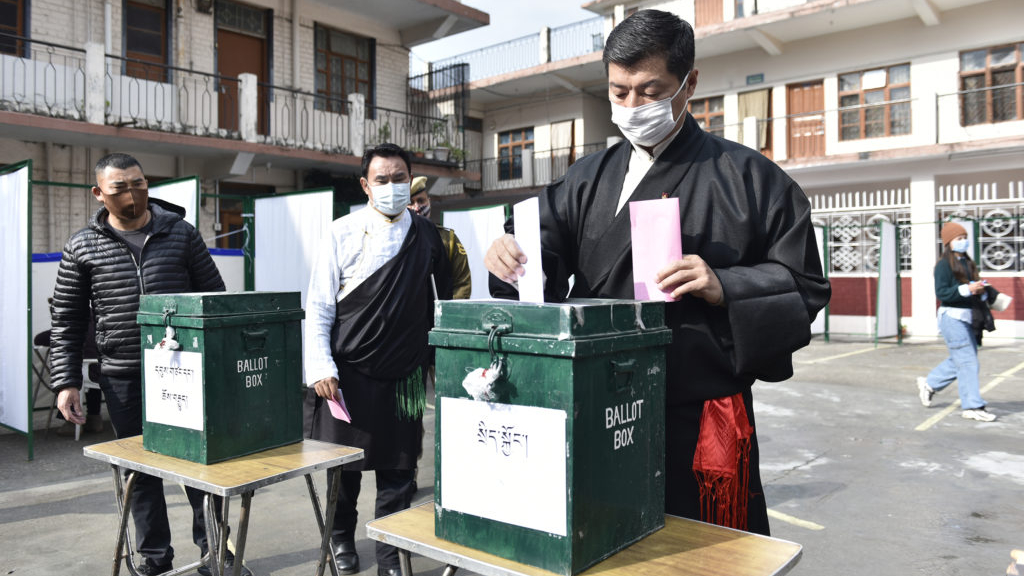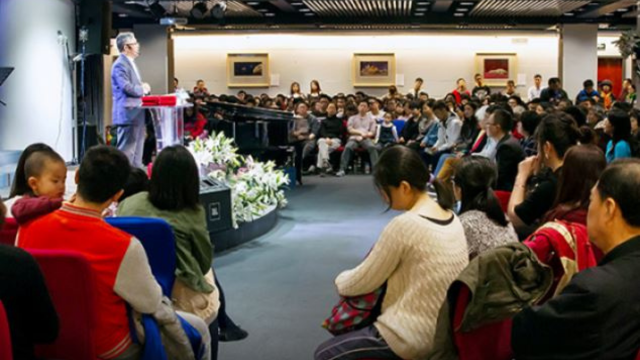Tibetans abroad vote to elect the members of the Central Tibetan Administration. The CCP mobilizes its spies, and asks friendly governments to harass voters.

by Marco Respinti
In 2011, the Dalai Lama moved to transform the Central Tibetan Administration (CTA) into a full-blown democratic government. Tibetans who are able to register and vote—currently, those residing abroad, hopefully one day those in Tibet too—elect 45 members of the Tibetan Parliament in Exile (TPiE). The president of the CTA, called Sikyong, is also elected directly by Tibetans abroad.
The TPiE includes ten members from each of the old Tibetan provinces—U-Tsang, Dhotoe, and Dhomey—; two for each of the four main schools of Tibetan Buddhism—Gelug, Nyingma, Kagyu, and Sakya— and two for the pre-Buddhist Bön religious community; five from the diaspora outside India, Nepal, and Bhutan, i.e., from Europe, the Americas, Australia-New Zealand, and the Asian countries not part of the Indian subcontinent.
The Sikyong can remain in charge for a maximum of two terms. This means that the current Sikyong, the highly respected Harvard scholar Lobsang Sangay, cannot seek a third term. Sangay will be remembered for his activity in the United States, which led to the passage and signature by President Trump of the Tibet Policy and Support Act (TPSA) and 2020. The TPSA provides inter alia that the United States will oppose any attempt by China and the CCP to choose the next Dalai Lama and claim he is the reincarnation of the current one, will impose sanctions on the Chinese officers involved, and will only accept a Dalai Lama recognized by the Tibetan Buddhist community and its elected political representatives.
The first round of the Tibetan elections has been completed, and results will be announced on February 8. The second round will be on April 11, and the TPiE will gather on May 14 and elect its head.
In India and other countries, the elections went on smoothly. However, in several countries Tibetans reported to Bitter Winter that they do have evidence that Chinese spies tried to watch the process and note the names of those who voted.
The most serious disruption of the elections happened in Nepal, after a Chinese high-level delegation visited the Himalayan country on December 27, allegedly to help resolving problems between the different factions of the local Communist Party.
After this visit, the Nepalese police tried to prevent the elections by confiscating the ballots and arresting five Tibetans, including a journalist of Radio Free Asia.
Clearly, whoever wins, the elections deliver a powerful message in favor of democracy and freedom, which the CCP cannot tolerate.
Source: Bitter Winter












